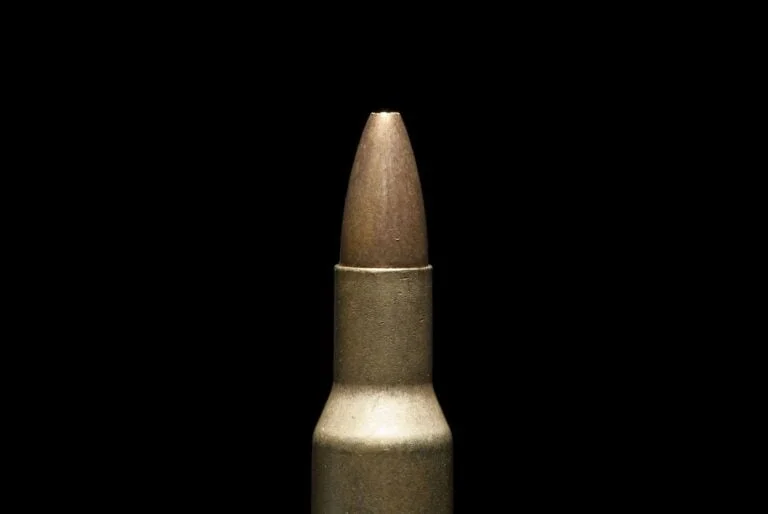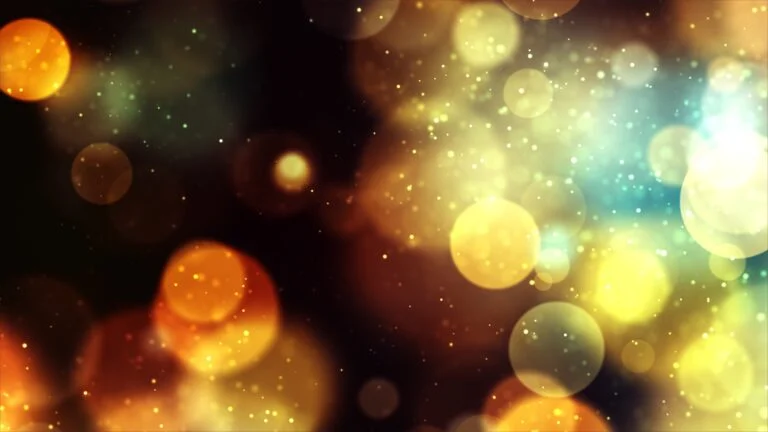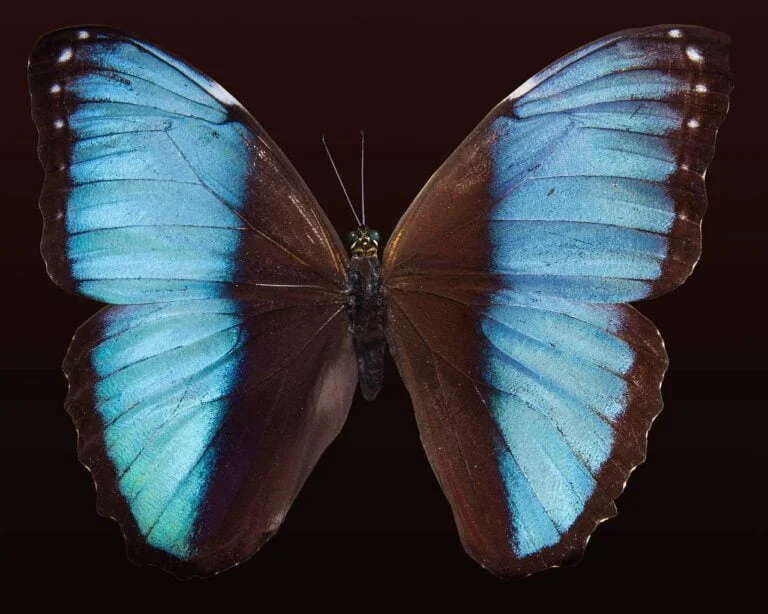Blonde hair has always been a source of fascination and inspiration. It has been seen as the ethereal beauty of fairy tale princesses or the sultry allure of Hollywood bombshells. However, beyond its aesthetic appeal, blonde hair also holds a wealth of symbolic meaning across various cultures and contexts.
This article will delve into the rich history and mythology behind blonde hair symbolism. We will explore the different stereotypes associated with it and examine its significance in contemporary culture.
The Mythology of Blonde Hair
Blonde hair has been prominent in various mythologies and ancient beliefs, often associated with divine or supernatural qualities. Here are some of the most compelling examples:
Nordic Mythology
Nordic mythology revered Blonde hair as a symbol of beauty and strength. It was associated with the goddess Sif, known for her long, golden locks. According to the legend, Sif’s hair was cut off by Loki, and Thor had to retrieve it with the help of the dwarves. Her hair was then magically restored, symbolizing resilience and restoration.
Greek Mythology
In Greek mythology, blonde hair was also associated with divinity and power. It was believed that the gods and goddesses had golden locks. For instance, Apollo, the god of the sun, music, and prophecy, was often depicted with blonde hair, symbolizing his radiant and youthful energy.
Stereotypes and Assumptions
Blonde hair has also been subject to various stereotypes and assumptions. It was often perpetuated by popular culture and media. Here are some of the most common examples:
Dumb Blonde Stereotype
Perhaps the most well-known stereotype associated with blonde hair is the “dumb blonde” trope. It portrays blonde women as ditzy, superficial, and intellectually inferior. This stereotype has been perpetuated in various forms of media, from movies like Legally Blonde to TV shows like The Simple Life.
Blonde Bombshell Stereotype
On the other hand, blonde hair has also been associated with sex appeal and sensuality, as seen in the iconic figure of the “blonde bombshell.” Actresses like Marilyn Monroe and Pamela Anderson have popularized this stereotype. The two have become synonymous with the seductive power of blonde hair.
The Significance of Blonde Hair Today
Despite the prevalence of stereotypes and assumptions, blonde hair remains significant in contemporary culture. It represents everything from beauty standards to gender identity. Here are some examples:
Beauty Standards
Blonde hair is often seen as a marker of beauty and desirability, as evidenced by the popularity of blonde hair dye and extensions. However, this standard of beauty has also been criticized for promoting Eurocentric and unrealistic ideals.
Gender Identity
Blonde hair has also been associated with gender identity, as it is often used as a marker of femininity. This has led to the popularization of terms like “blonde bombshell” and “dumb blonde,” which reinforce gender stereotypes and objectify women based on their appearance.
Frequently Asked Questions
What does blonde hair symbolize in mythology?
In various mythologies, blonde hair has been associated with divine or supernatural qualities, representing beauty, strength, and radiance. For instance, Nordic mythology revered blonde hair as a symbol of resilience and restoration, while Greek mythology associated it with the gods’ radiant energy.
Why is blonde hair associated with the “dumb blonde” stereotype?
The “dumb blonde” stereotype is a cultural construct perpetuating the assumption that blonde women are superficial and intellectually inferior. Media and popular culture often perpetuate this stereotype, reinforcing negative attitudes toward blonde women.
Is blonde hair still a marker of beauty and desirability?
Yes, blonde hair continues to be associated with beauty and desirability, especially in Western cultures. However, there has been a growing awareness of the problematic nature of promoting Eurocentric beauty standards and unrealistic ideals, which has led to a more diverse representation of beauty in recent years.
Can men have blonde hair?
Yes, blonde hair is not limited to women and can also be associated with divine or supernatural qualities for men in various cultures and mythologies. For instance, in Nordic mythology, Thor, the god of thunder, was often depicted with blonde hair.
Conclusion
Blonde hair symbolism has been a complex and fascinating subject in various cultures and contexts throughout history. While it has been associated with divinity, beauty, and sensuality, blonde hair has also been subject to multiple stereotypes and assumptions that perpetuate negative attitudes towards blonde individuals.
As we continue to evolve our understanding of beauty and gender identity, it’s essential to recognize the problematic nature of promoting unrealistic ideals and stereotypes based on physical appearance.






